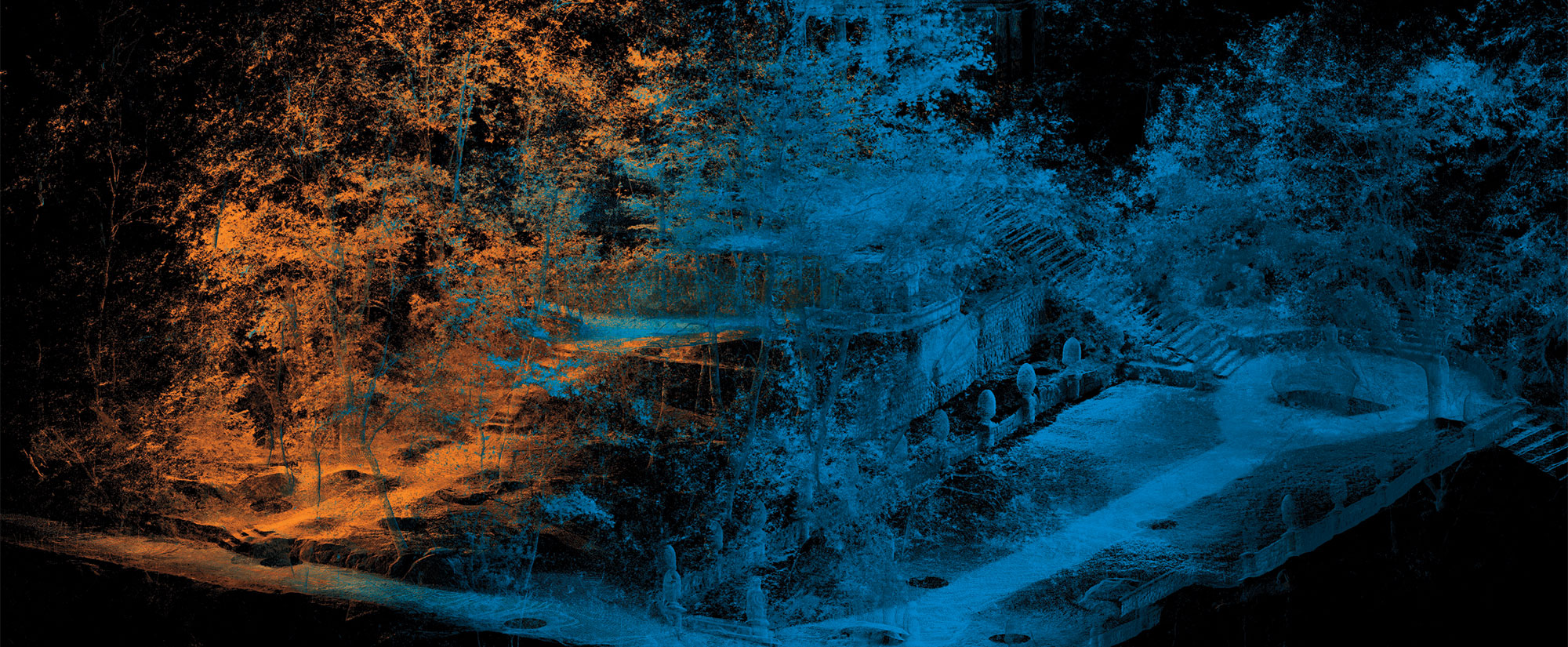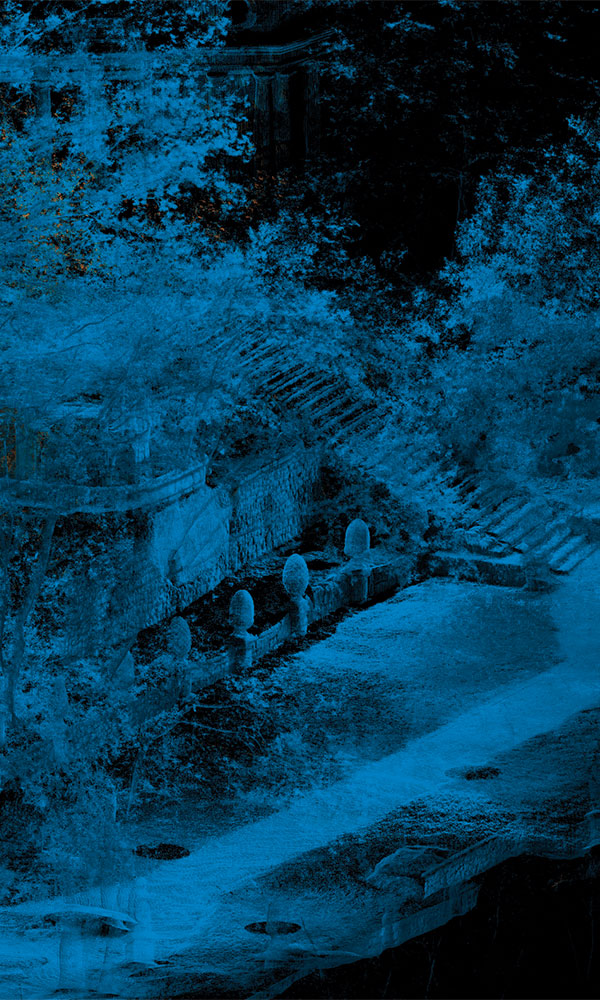COOKHAM, ENGLAND—When University of Reading archaeologists began excavating a cemetery at an eighth-century Anglo-Saxon monastery in Cookham, Berkshire, they were surprised at the unusual condition of many of the skeletal remains they encountered. The majority displayed signs of trauma, infection, and even surgery. Some skeletons exhibited signs of pressure sores, suggesting extended periods of lying down. Perhaps most surprising was the large number of individuals that apparently had suffered from cancer, according to an ITV News report. Only about 0.8 percent of all the Anglo-Saxon human remains previously discovered in England showed signs of cancer. Of the skeletons excavated at the Cookham monastery, however, 11 percent had cancer. Archaeologists believe that this anomaly suggests that the monastery likely served as a type of hospice that specialized in treating individuals dying from debilitating illnesses. “The level of cancer and other kind of conditions in this group is so high that they can't all have come from one local population,” said University of Reading bioarchaeologist Mary Lewis. “They were coming to seek help and people brought them there because they would have received a level of care.” For more, go to "Around the World: England."
Anglo-Saxon Monastery Was England's Earliest Hospice
News August 6, 2025
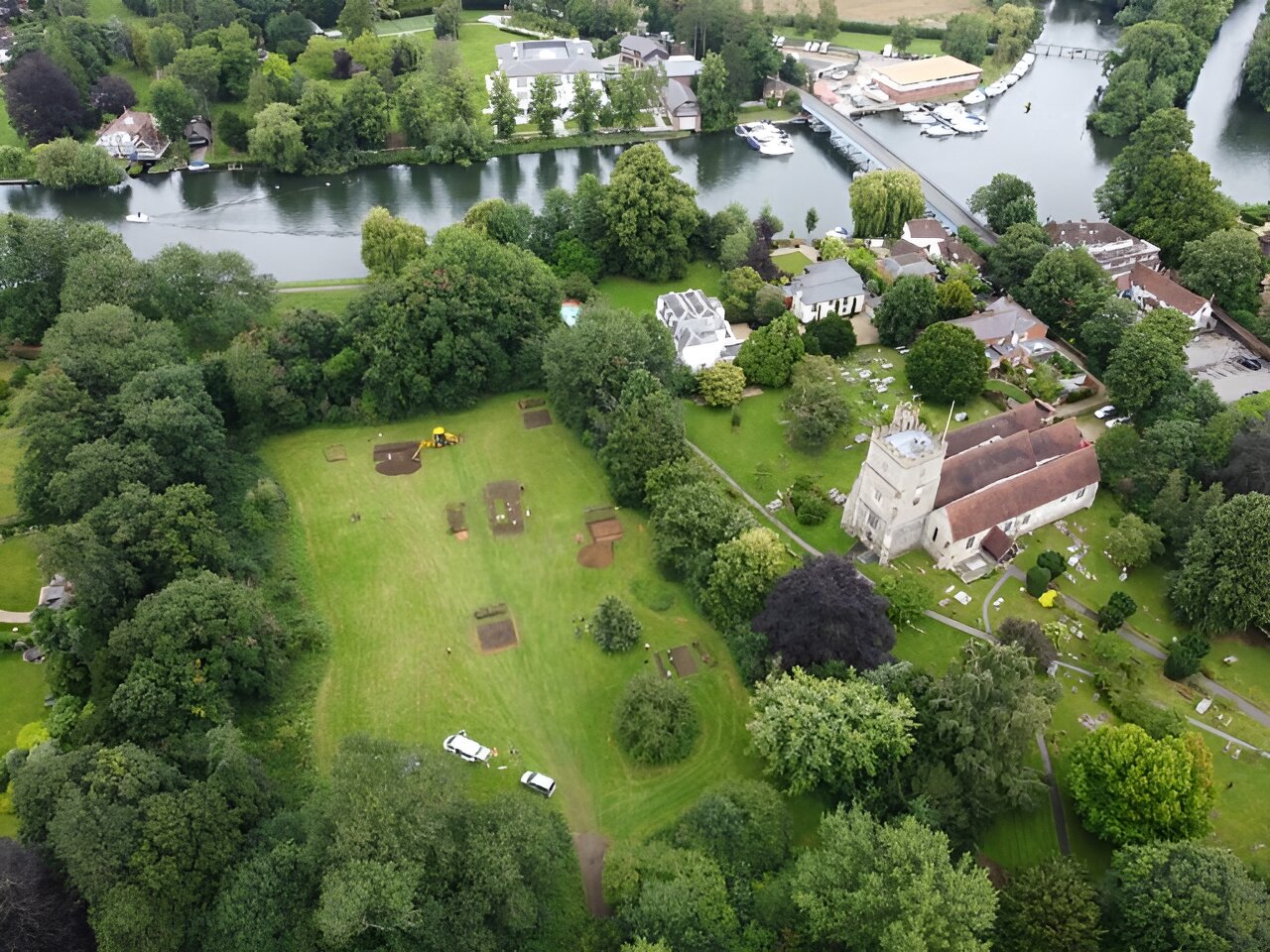
Recommended Articles
Digs & Discoveries March/April 2019
Foreign Funeral Rites
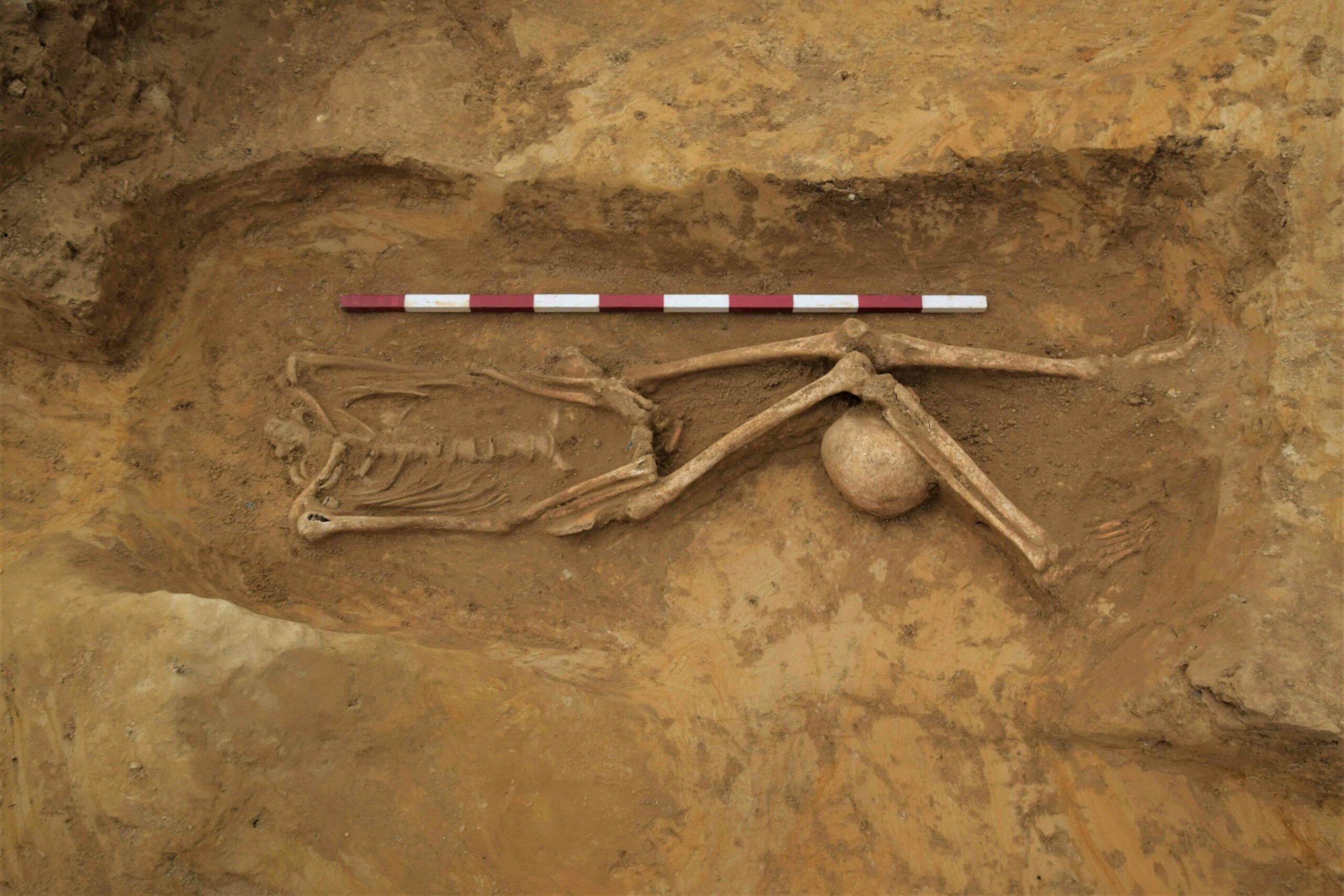
Artifacts September/October 2025
Anglo-Saxon Coin
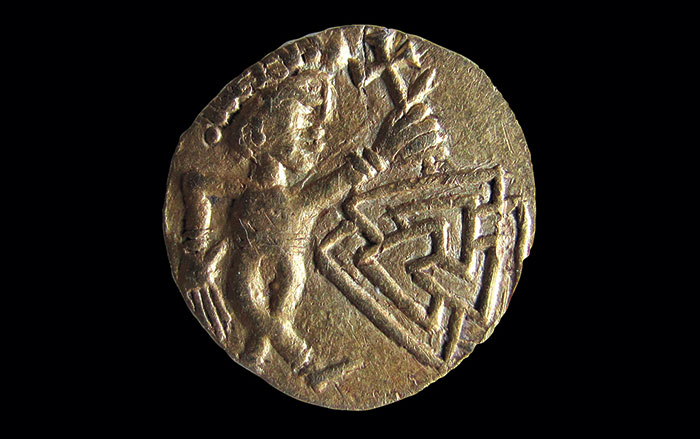
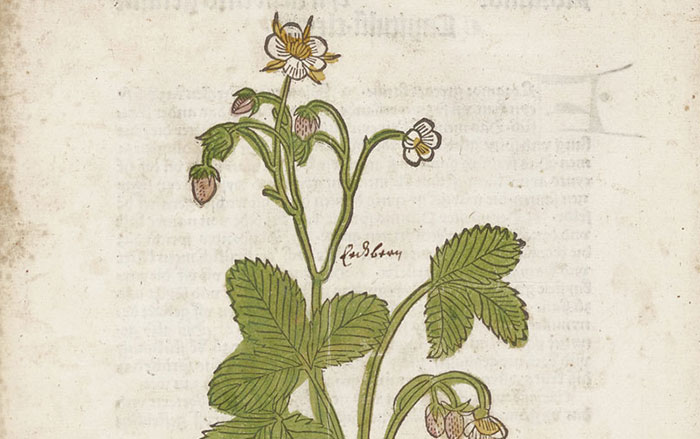
Digs & Discoveries May/June 2025
The King's Throne
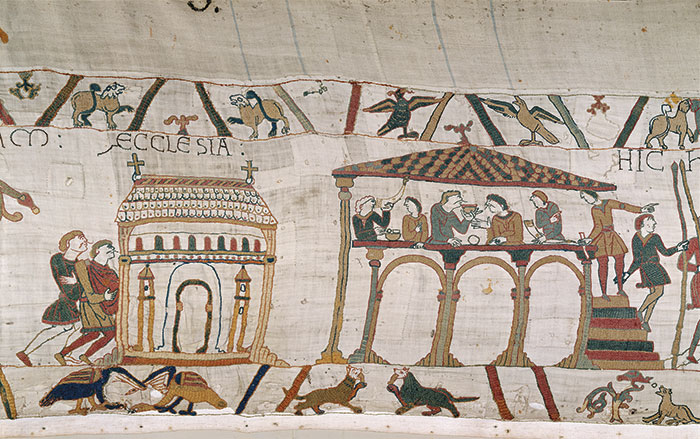
-
Features July/August 2025
Setting Sail for Valhalla
Vikings staged elaborate spectacles to usher their rulers into the afterlife
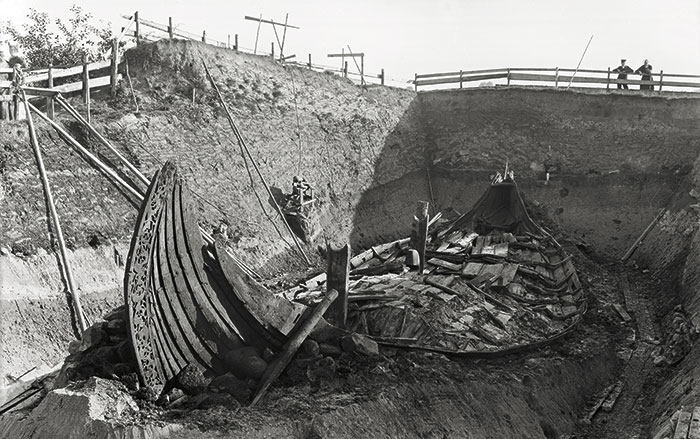 Museum of the Viking Age, University of Oslo
Museum of the Viking Age, University of Oslo -
Features July/August 2025
The Home of the Weather God
In northern Anatolia, archaeologists have discovered the source of Hittite royal power
 Tolga İldun
Tolga İldun -
Features July/August 2025
In Search of Lost Pharaohs
Anubis Mountain conceals the tombs of an obscure Egyptian dynasty
 Photos by Josef W. Wegner for the Penn Museum
Photos by Josef W. Wegner for the Penn Museum -
Features July/August 2025
Birds of a Feather
Intriguing rock art in the Four Corners reveals how the Basketmaker people drew inspiration from ducks 1,500 years ago
 Courtesy John Pitts
Courtesy John Pitts


